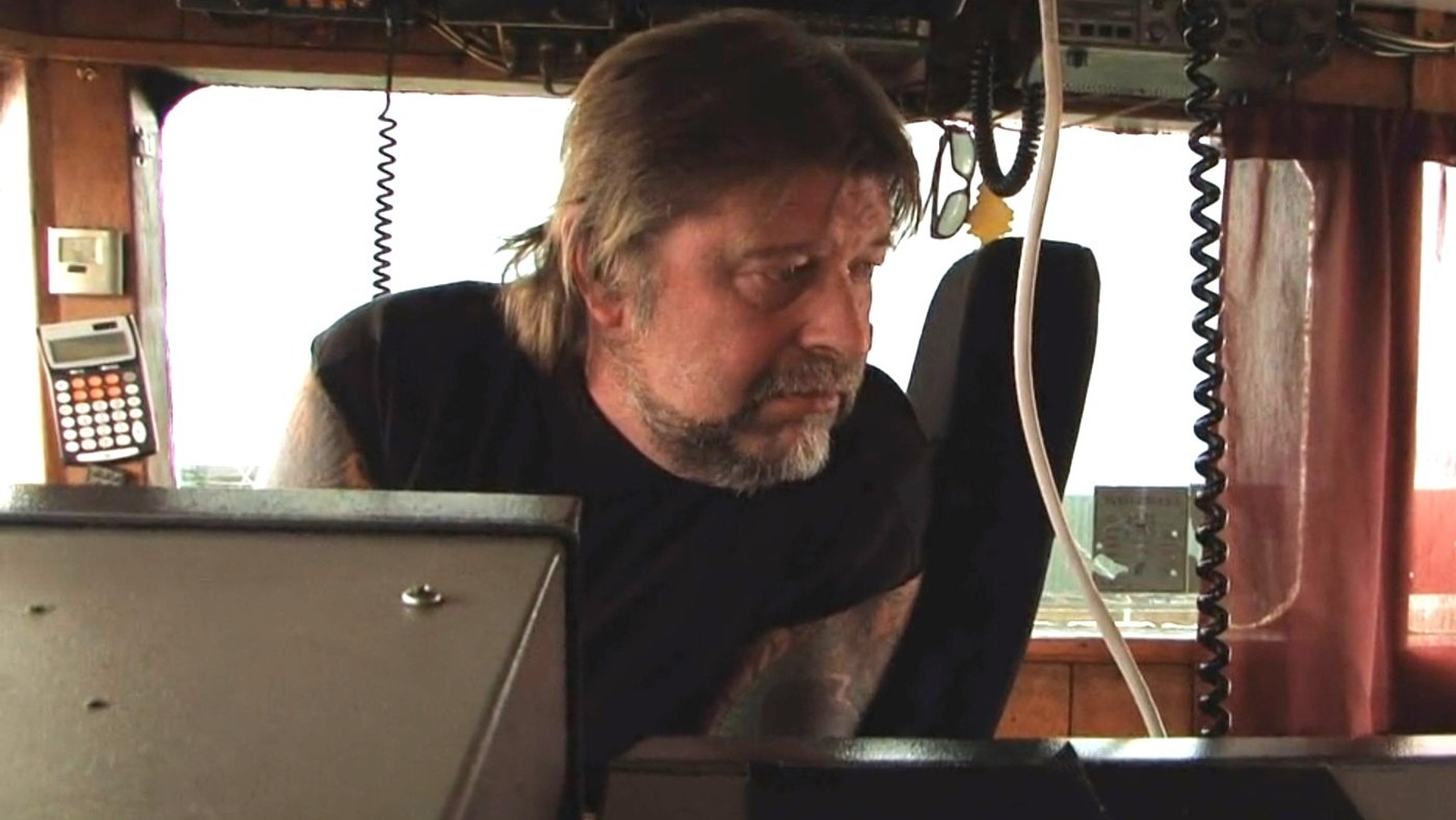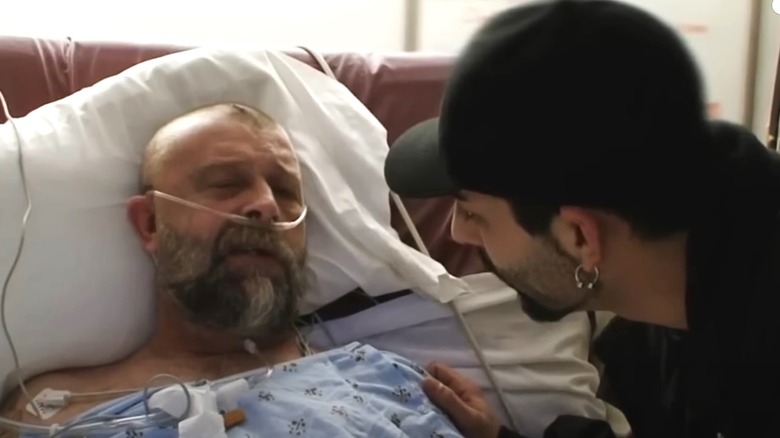Deadliest Catch Episode Where Captain Phil Harris Died Was Worse Than You Remember

For years, Deadliest Catch was known for danger, tragedy, and resilience.
But nothing prepared audiences for what unfolded in Season 6, when the show crossed a line that no reality series had ever crossed before — the real-time death of one of its most beloved captains.
Even now, nearly 15 years later, the episode where Captain Phil Harris died still lingers in the minds of fans. And the way Discovery captured it wasn't just groundbreaking — it was gut-wrenching, even by the series' already grim standards.
The Episode That Changed Everything
Season 6, Episode 14, titled "Redemption Day," aired on July 13, 2010, and pulled in a staggering 8.5 million viewers. It wasn't just a series record — it became Discovery's third most-watched telecast ever, behind only Raising the Mammoth and Walking With Dinosaurs from a decade earlier.
This wasn't just TV. This was a public goodbye. But it didn't feel like a clean or complete one.
By the time "Redemption Day" aired, audiences already knew Harris had died months earlier, on February 9, 2010, at just 53.
But the episode blurred the line between storytelling and reality, showing Harris's last moments — or at least, what the cameras were allowed to catch.
There was no death scene. No hospital bedside fade to black. Instead, the cameras caught Harris staring out the window at Anchorage's snowy landscape, the quiet before the storm. Then a sudden jump: his son Josh Harris receives the news offscreen, returns to the hospital in shock, and later calls his brother Jake — who was in rehab — to deliver the worst possible news.
That was it. No dramatization. No closure. Just a family wrecked by grief, with the audience left to piece together what happened in the moments the cameras weren't allowed to film.
The Stroke That Started It All

Captain Phil's health had been a ticking time bomb. His body had been battered by years of physical strain and, famously, his stubborn refusal to slow down.
Back in 2008, Harris suffered a pulmonary embolism after being thrown from his bunk during a trip — a potentially fatal blood clot in the lung that sidelined him for nearly a year.
Even then, he insisted on coming back.
By the 2010 fishing season, Harris was already dealing with "four crushed disks" in his back, as his son Josh later recounted. On January 29, a crew member found him collapsed on the floor, half his face paralyzed. He'd had a stroke and was airlifted to Anchorage, where doctors placed him in a medically induced coma.
Against the odds, Harris woke up. He walked. He talked. He even did physical therapy. His son Josh remembered that doctors were stunned by his recovery, with one saying, "We've never seen anything like this before."
But the improvement didn't last. That same day, Harris told his friend Dan Mittman, "Danny, I don't feel as good as I did yesterday." Hours later, an intracranial hemorrhage — a brain bleed — killed him.
The Reality of Filming a Death

What made this so disturbing for viewers wasn't just the content, but the choice to keep filming. And that was Phil Harris's call. He explicitly told the production crew to keep the cameras rolling, even from his hospital bed.
Josh Harris recalled how his father wanted the world to see it:
"He wanted to show the world what it meant to go out doing what you love. He didn't want a polished ending."
Still, the audience never saw the full descent. What they got instead was reaction — from Josh, from Jake, from the Cornelia Marie crew — and it was enough. It wasn't just a TV character dying. It was a man, a father, and a captain audiences had watched for half a decade.
The Aftermath and Tribute
A week after the episode aired, Discovery released a two-hour tribute special, Captain Phil Harris Remembered. But even that couldn't fill the gap left behind. Fans still debate whether the show went too far by airing his final days, but few deny the impact it had.
Thom Beers, the show's executive producer, was praised for handling the situation with restraint. The LA Times called it "a respectful treatment of the Harris family and his viewers."
Still, the episode remains uncomfortable to rewatch — not because of what it shows, but because of what it doesn't. The sense that cameras had to stop short of the most personal, painful moments leaves the viewer in limbo, just like Josh and Jake.
And maybe that's what made it worse than you remember. Because it wasn't just the loss of a captain — it was the loss of certainty that reality TV would always blink first.